Table of Contents
A mum and dad in their 30s, who already boast a net worth of $2 million, have shared how they built a successful property portfolio in just 10 years.
Paramedic Leonard Price, 35, and his wife Larissa, 33, from Melbourne, bought their first block of land in 2014 to build their dream home.
They decided to sell up 10 months later because they felt it ‘wasn’t right’ for them and to their surprise they made $92,000.
“I thought ‘Holy s***, this is unbelievable!’ All I did was put my name to a piece of land and pocketed $92,000,” Mr Price told FEMAIL.
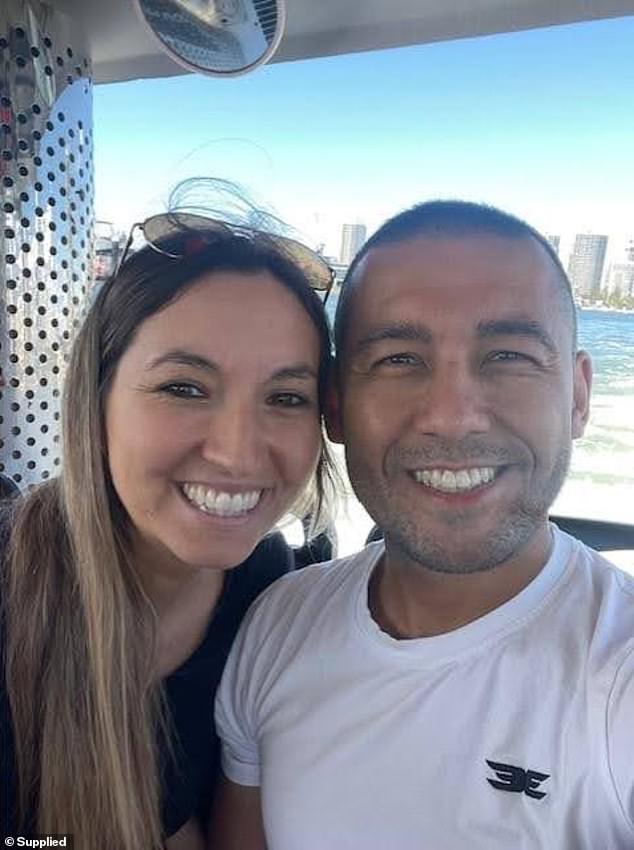
Melbourne couple Leonard, 35, and Larissa Price, 33, have bought five properties in the past ten years. They build new homes and then use equity in the mortgage to fund the deposit for the next property
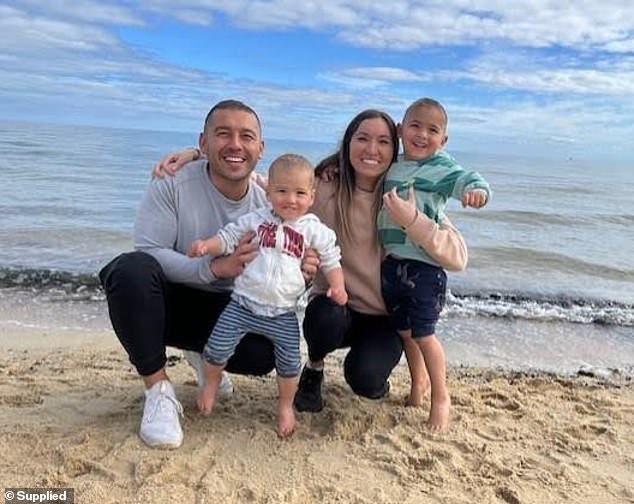

The couple have bought properties in Melbourne, Brisbane, Perth and the Gold Coast
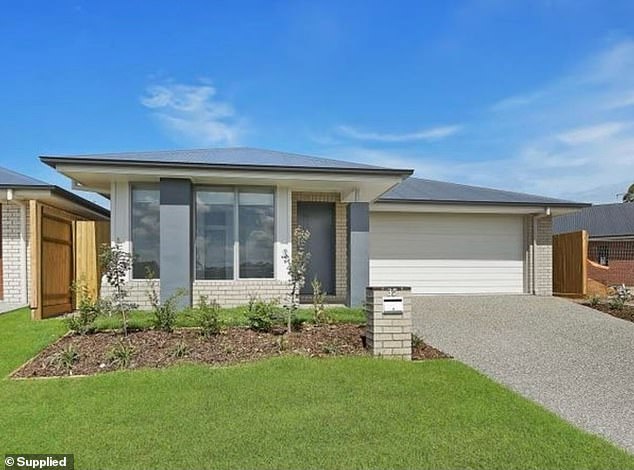

All houses have four or five bedrooms, two bathrooms, a double garage and are brand new builds (Thornlands, Brisbane investment property pictured)
Since then, the couple have been hustling for 10 years, strategically buying properties with the assistance of a buyer’s agent and greatly increasing their wealth.
But there were rocky patches. The couple then bought a townhouse – a move Mr. Price admitted ‘wasn’t the best investment decision’.
Although the couple owned the property for five years, the value increased by only $70,000.
“This made me realize that the best real estate investment strategy is to buy assets that increase in value – which is land, not apartments and townhouses,” he said.
With the help of their buyer’s agent, the couple continued their investment journey, using a ‘rinse, repeat’ cycle, targeting properties with large parcels of land.
The couple have now bought properties spread across Melbourne, Brisbane, Perth and the Gold Coast.
All houses have four or five bedrooms, two bathrooms, a double garage and are completely new builds.
“Property has helped us build wealth and increase our net worth much faster than we would have if we just saved and stashed our money away in a bank account,” said Mr. Price.
‘Many people are afraid of debt, but debt can be great if you can leverage it to buy an asset that is rapidly increasing in value. Property is exactly that.
‘You borrow some money (incur debt) to buy something for which you do not have the personal funds at the time, but which you are extremely sure will increase significantly in value over time.’
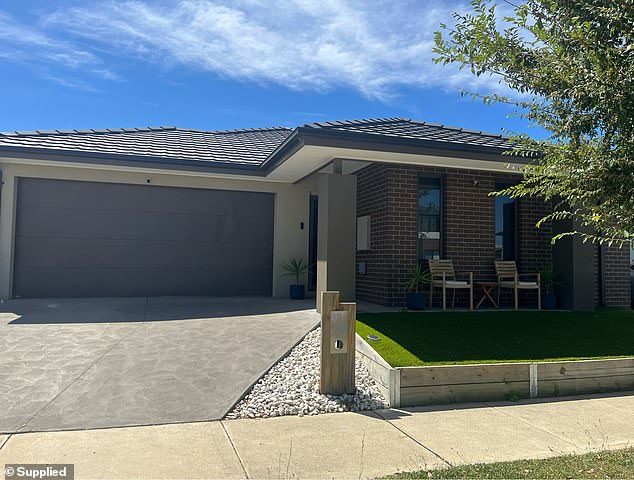

Property investment expert Michael Beresford told FEMAIL how “lazy equity” can help pay off your mortgage in ten years – but you’ll have to buy another property (Clyde, Melbourne property pictured)
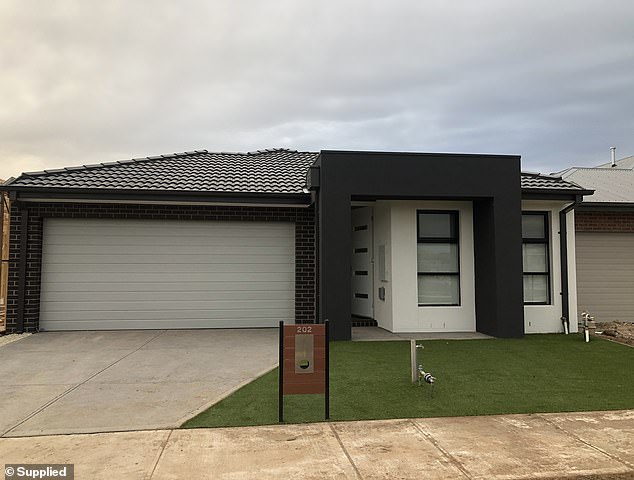

‘Lazy equity is equity that is not utilized. When you’ve owned your home for a few years and the value has gone up or you’ve paid down debt, you now have free equity that’s untapped,” said Mr Beresford (Point Cook, Melbourne property pictured)
It’s called using ‘lazy equity’
Michael Beresford, managing director of investments for OpenCorp, said the couple had managed to achieve their empire using the equity locked up in their home.
Sir. Beresford, who has more than 20 years’ experience in the industry, told FEMAIL that “lazy equity” can help Australians pay off or build investment portfolios that can crush their mortgage in 10 years.
“Lazy equity is equity that is not being utilized,” he said.
“When you’ve owned your home for a few years and the value has increased, or you’ve paid off debt, you now have free equity that is unused.
‘If you don’t use this equity, it lies dormant and becomes “lazy equity”. (But) if you use that equity as your deposit and costs for an investment property, it can start working for you.’
Sir. and Ms. Price has taken this strategy and run with it – and it has fortunately paid off.
Good and bad tenants and a single regret: Mr and Mrs Price’s experience
The pair earn a combined salary of $200,000, but if money is tight, Mr Price can bring in extra shifts at work as needed.
To use the services of their buyer’s agent, the couple pays about $12,000 per month. home and doesn’t lift a finger as the agent does “all the work”.
‘I haven’t done anything, just pay them a fee. “I’ve never seen the properties and never touched the keys, but the return on investment is huge,” Price said.
The couple’s net worth is calculated by subtracting their assets from their liabilities.
They have $4 million in property, around $300,000 in cash, super and savings with $2.2 million in debt, leaving them with a net worth of $2 million.
Each week the couple pays $100 per investment property – the difference between mortgage repayments and the rent received.
Because of this, investments are “negatively leveraged throughout the year,” but Mr. Price said at the end of each financial year there is still a “positive cash flow”. Negative leverage occurs when the cost of owning a rental property outweighs the income it generates each year.
“Since all of our properties are new construction, the cost is depreciated over time, with the depreciation being another tax deduction,” Price said.
“Although we “lose” a little week-to-week during the year, we make a significant amount back at tax time. But the value of the properties continues to rise.’
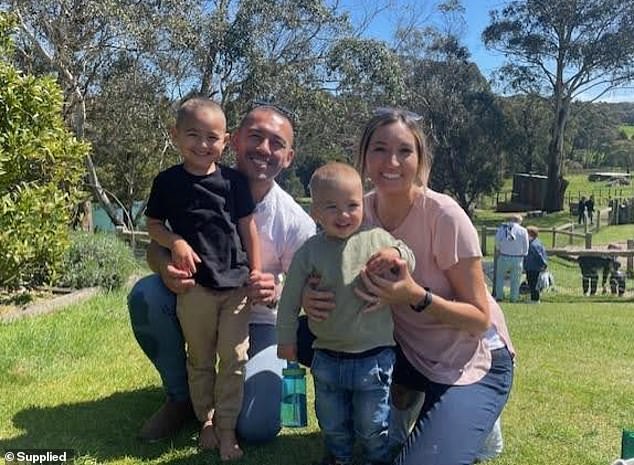

The pair earn a combined salary of $200,000, but if money is tight, Mr Price can bring in extra shifts at work as needed. Their only regret is not starting sooner
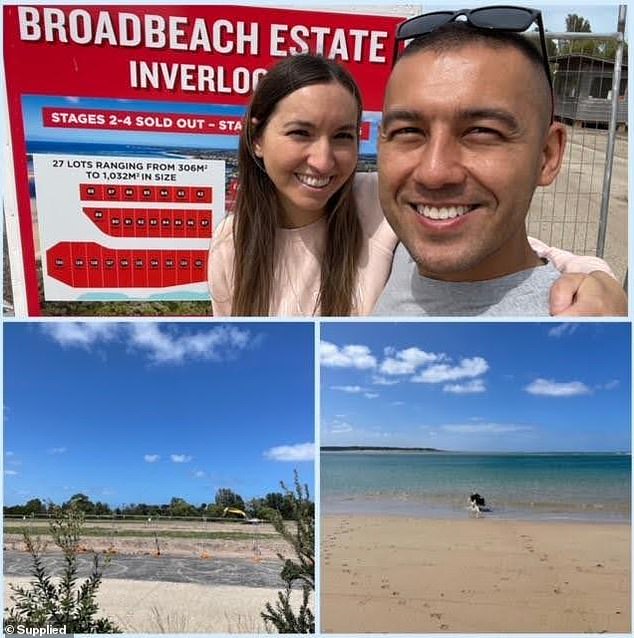

‘I haven’t done anything, just pay them a fee. I’ve never seen the properties and never touched the keys, but the return on investment is huge,” Price said.
The biggest blunder was when a tenant left the property in disarray, causing $8,000 worth of damage that the couple had to repair.
“The tenant fled and we had to scramble to fix everything,” said Mr. Price.
Sir. Price’s only regret was that he didn’t start the process sooner.
‘As they say, it’s about timing the market, not timing the market. The longer you’re in it, the better off you are,” he said, adding: “There’s a lot of fear that the property market will go down, but I personally don’t believe that will happen.”
The couple are expecting their third child and likely won’t buy another block of land to build on for another few years, but will continue to use the equity in their mortgage to continue the cycle.
